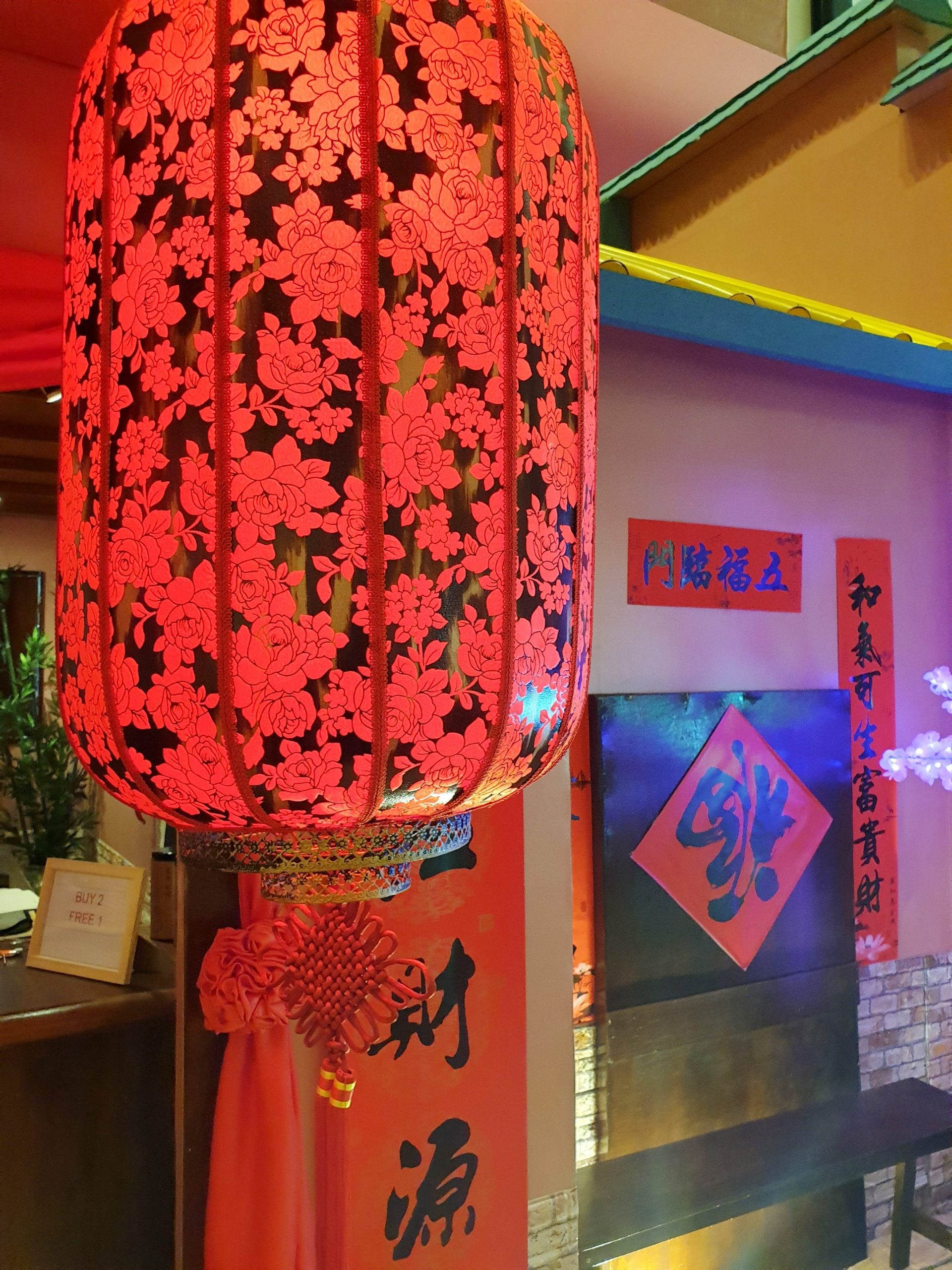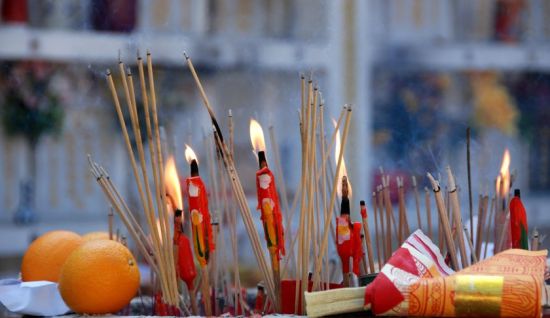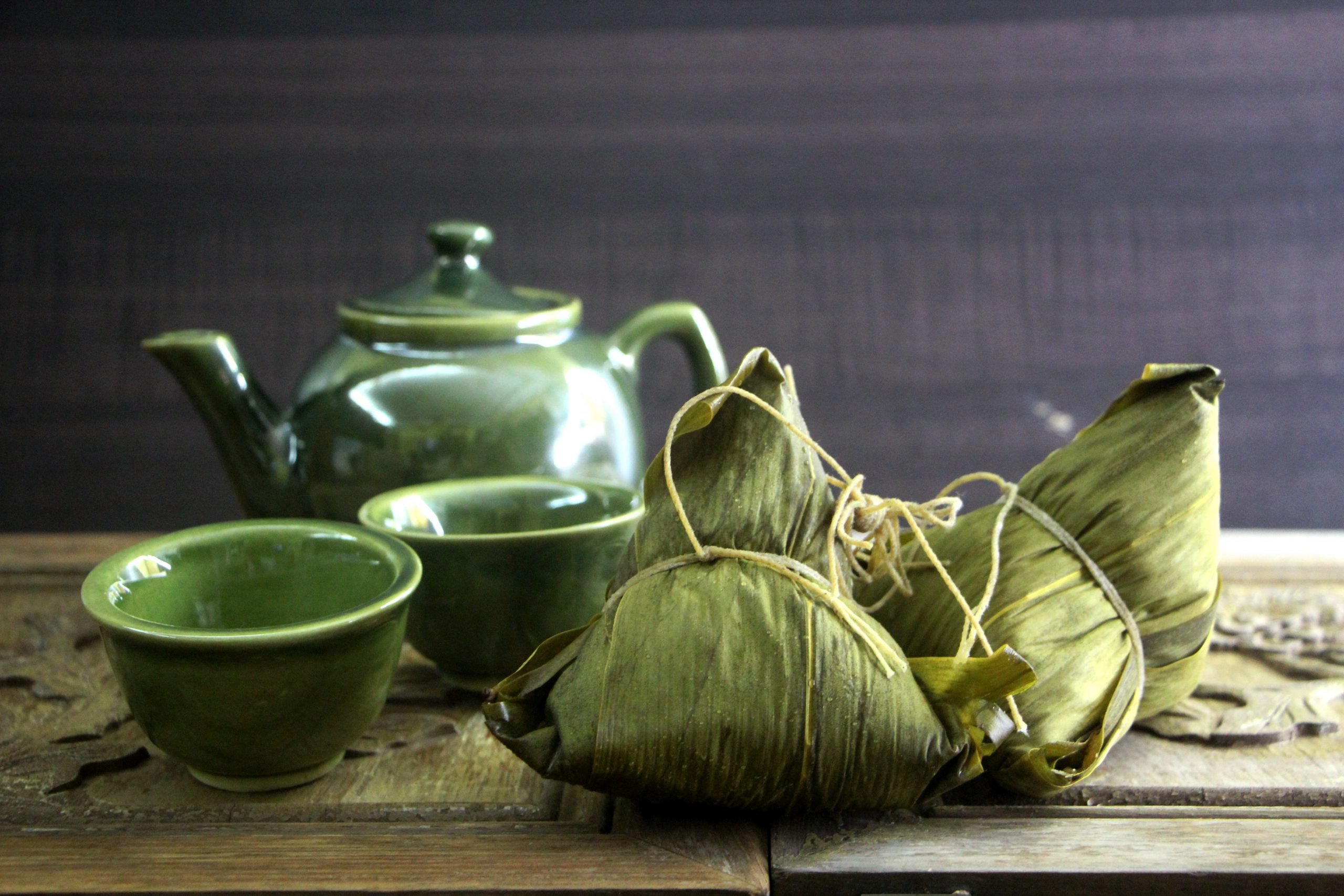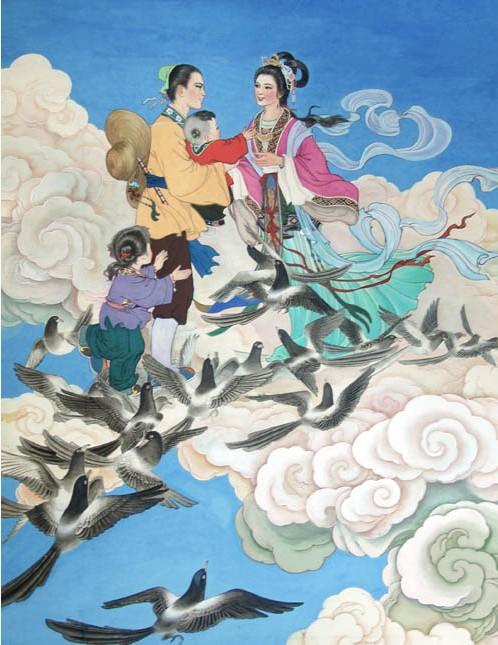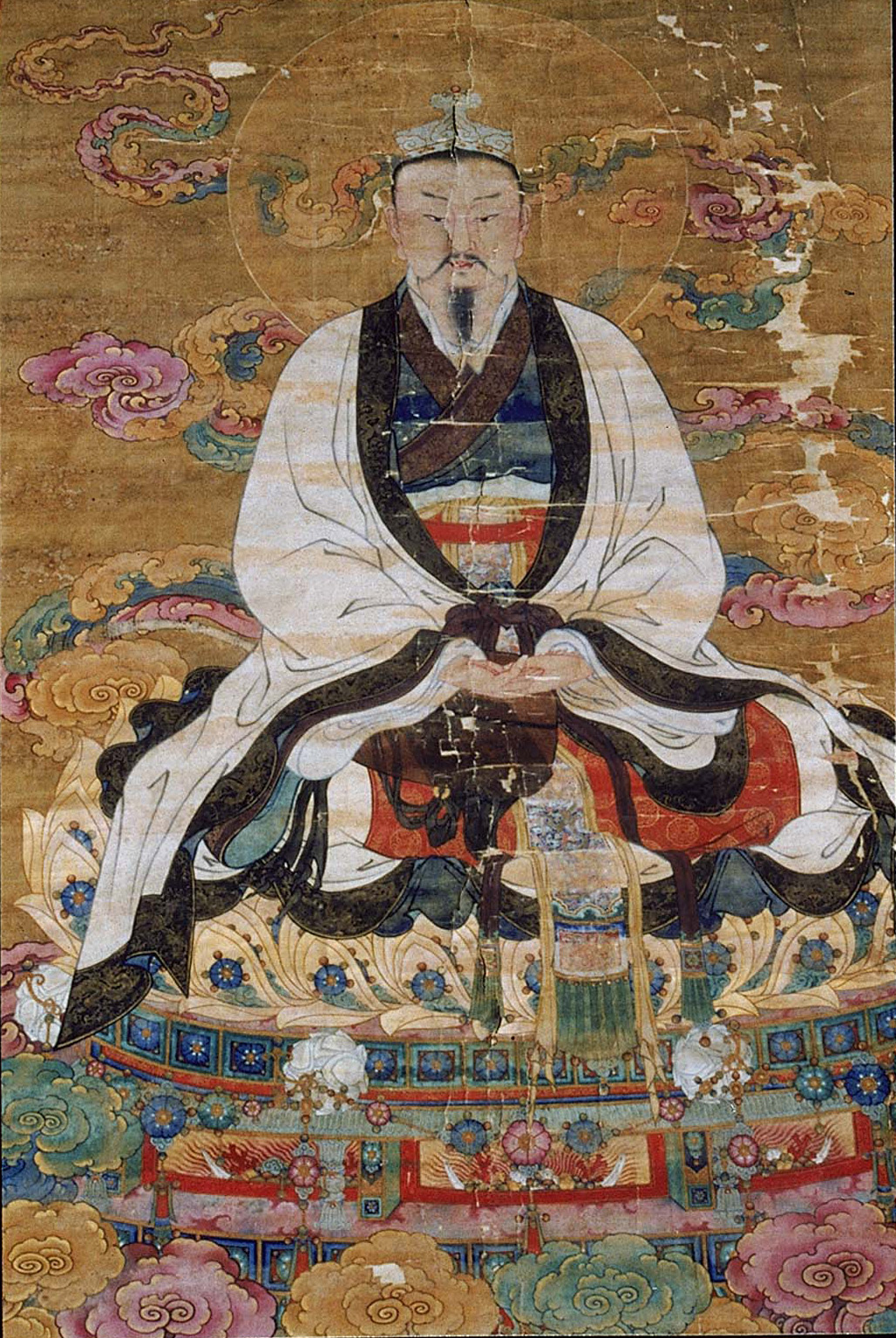农历新年 Lunar New Year
The Chinese Lunar New Year, also known as “Spring Festival”, means to welcome the Spring Festival of the New Year, one of the four traditional Chinese festivals. This festival is also an important family reunion festival in the life of the Chinese community.
Chinese New Year is also the most solemn traditional festival for Chinese. Therefore, Chinese New Year has many customs and types. At the same time, because the Chinese live in all corners of the world and spread all over the world, they are influenced by the environment and culture, and traditional customs will evolve due to the local regional colors, forming a unique regional custom.
(1) Chinese New Year’s custom of “eating”:
eating rice cakes, dumplings, glutinous rice cakes, glutinous rice balls, poached eggs, big meatballs, whole fish, fine wine, oranges, apples, peanuts, melon seeds, sweets, tea and delicacies;
(2) Chinese New Year “preparation” customs:
dusting, washing bedding, preparing New Year goods, pasting Spring Festival couplets, pasting New Year pictures (door god Zhongkui), pasting paper-cuts, pasting window grilles, pasting blessing characters;
(3) Chinese New Year “New Year” customs:
light candles, light fires, set off firecrackers, watch the New Year, give New Year’s money, pay New Year’s greetings, walk to relatives, give new year gifts, go to the ancestor’s grave, visit the flower market, make fire in the community, dance Zhong Kui and many other activities , The ultimate family happiness.
For thousands of years, people have made New Year celebrations extremely colorful. Every year, from the 23rd day of the twelfth lunar month to the 30th day of the New Year, the folks call this time “Spring Day” or “Dust Sweeping Day”. Sweeping the dust before the Spring Festival is a traditional Chinese custom.
Then every family prepares the New Year’s goods. About 10 days before the festival, people are busy purchasing items. The New Year’s goods include chicken, duck and fish meat, tea wine sauce, north and south roasted seeds and nuts, and sugar bait fruits. For the gifts given when visiting friends, children should buy new clothes and hats, and prepare to wear them during the New Year.
Before the festival, the New Year’s message in yellow and red paper should be pasted on the door of the residence, that is, the Spring Festival couplets written in red paper. Brightly colored New Year pictures with auspicious meanings are posted in the room. The ingenious girls cut out beautiful window grilles and put them on the windows. In front of the door hang big red lanterns or paste the characters fortune and the god of wealth and door gods (Zhong Kui, Qin Qiong, Jingde), etc. Words can also be posted upside down, passers-by are blessed, that is, blessing has arrived, all these activities are to add enough festive atmosphere to the festival.
The enthusiasm during the New Year is not only permeated in every house, but also in the streets and alleys of various places. In some local markets, there are customs such as exorcism dancing bells, lion dancing, dragon lanterns, performing social fires, visiting the flower market, and visiting temple fairs.
During this period, the lanterns filled the city and the streets filled with tourists. The excitement was unprecedented. It was not until the fifteenth day of the first lunar month and the Lantern Festival before the Spring Festival really ended.


